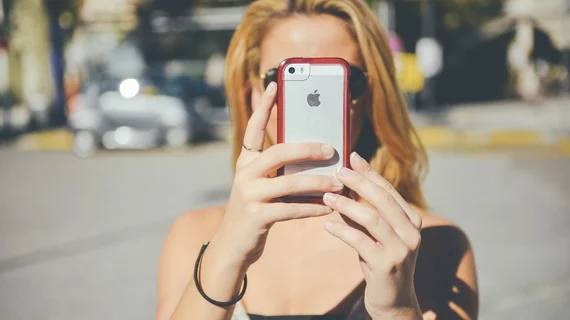An AI-based smartphone app for detecting cancer in skin lesions has proven quite capable, achieving 95.1% sensitivity.
The app was good but not great at correctly ruling out cancer in lesions that weren’t in fact malignant. Still, its accuracy for the former task is notable, given the iffy quality and wide variability of smartphone photos, suggest the authors of the study behind the findings.
The research was conducted in Romania and the Netherlands and published ahead of formal editing in the Journal of the European Academy of Dermatology and Venereology.
Among its co-authors is an American researcher, Daniel Siegel, MD, of the dermatology department at SUNY Downstate Health Sciences University.
The smartphone app uses a machine-learning algorithm trained on 131,873 images taken by 31,449 users in multiple countries and rated for risk by experienced dermatologists, the authors report.
The team tested the app’s sensitivity using 285 lab-validated skin cancer cases from two previously published clinical studies and from the app’s user database.
Here the algorithm’s 95.1% performance included 93% for identifying malignant melanoma and 97% for keratinocyte carcinomas and precursors.
To calculate the algorithm’s specificity—its ability to correctly identify a noncancerous lesion as benign—they used 6,000 clinically validated benign cases from the same user database. The algorithm got this task right 78.3% of the time.
“This smartphone application provides a high sensitivity to detect skin cancer, however there is still room for improvement in terms of specificity,” the authors write, adding that more research is needed to assess the app’s potential implications for clinical practice.

